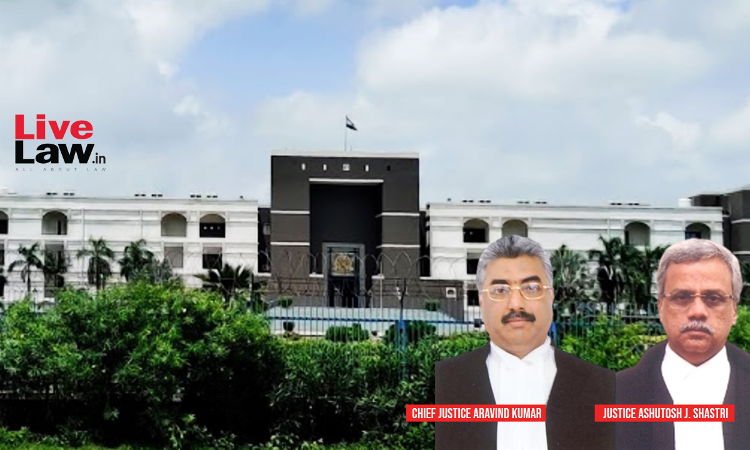The Gujarat High Court has ruled that failure to abide by the procedural laws would not be fatal to the arbitral proceedings and thus, the Arbitral Tribunal was not justified in dismissing the claim petition/ statement of claims solely on the ground that it was not verified as contemplated under Order VI Rule 15 of the Code of Civil Procedure, 1908 (CPC). The bench of...

